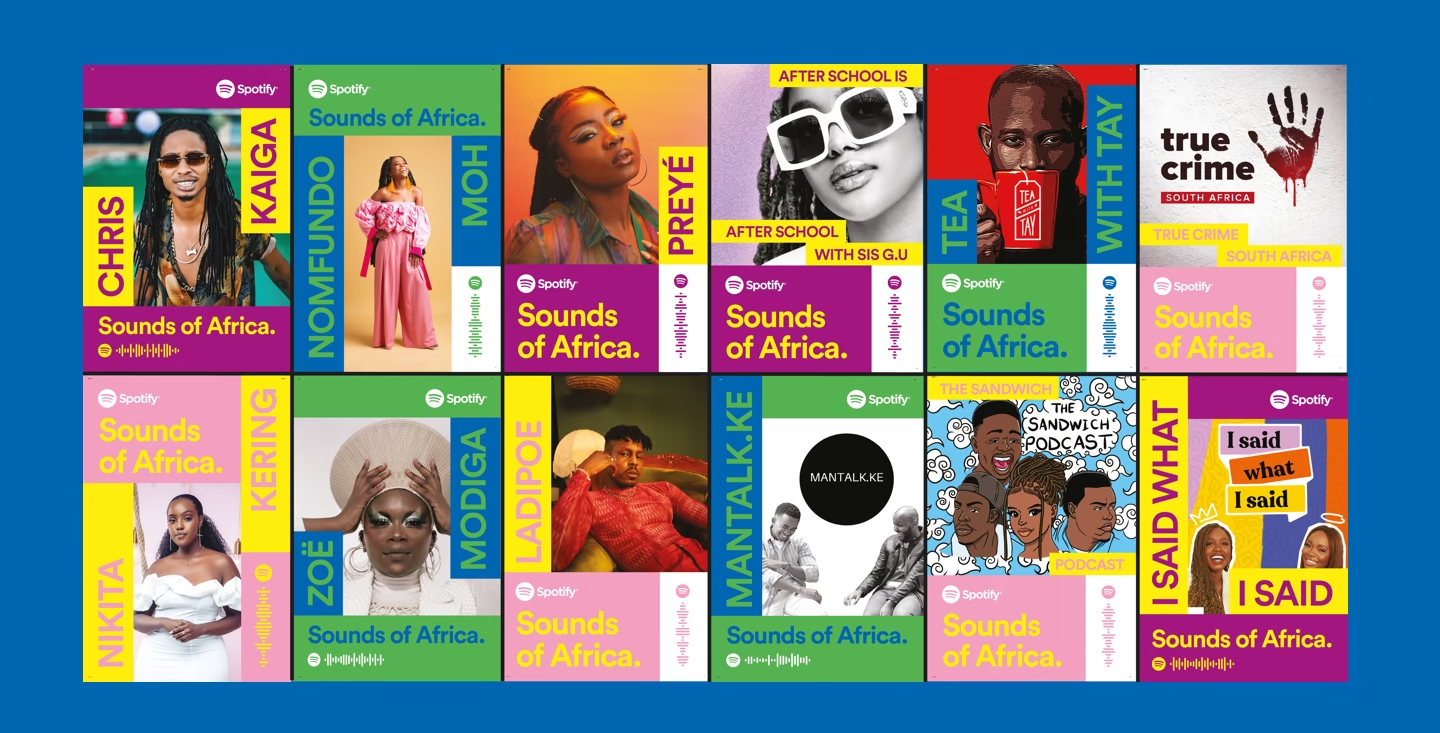The Advertising Regulatory Board’s (ARB) Advertising Appeals Committee (AAC) has upheld a decision dismissing a complaint against Netflorist’s controversial Valentine’s Day advertisement, which had sparked considerable debate.
The Controversial Ad
The ad in question depicted a woman spitting into a coffee mug as a humorous punishment for a partner who forgot Valentine’s Day. Despite its provocative nature, the AAC concluded that it did not contravene the Code of Advertising Practice.
The Complaint and Netflorist’s Defense
On January 27, 2024, Robert Adams lodged a complaint describing the ad as “disgusting and wrong on many levels.” He argued that it depicted repugnant behavior unsuitable for general viewing and suggested a racial undercurrent by featuring a Black woman. Additionally, Adams criticized the ad for perpetuating sexist stereotypes about romance and Valentine’s Day.
In response, Netflorist removed the ad from paid advertising but kept it accessible on YouTube. They defended the commercial as a humorous spoof with no racist or sexist intent, emphasizing that the actress was chosen for her talent, not her race.
ARB Directorate and AAC’s Considerations
The ARB Directorate reviewed the complaint and found no breach of the advertising code. Adams appealed this decision, leading to an AAC hearing on May 30, 2024. As neither Adams nor Netflorist attended the hearing, the AAC based its decision on submitted documents and the advertisement itself.
Key Clauses of the Advertising Code
The AAC examined the advertisement under three relevant clauses from the Code of Advertising Practice:
- Offensive Advertising (Clause 1 of Section II): Prohibits ads that offend good taste or decency unless they are reasonable and justifiable in a democratic society.
- Discrimination (Clause 3.4 of Section II): Prohibits discriminatory content unless it is reasonable and justifiable in an open and democratic society based on human dignity, equality, and freedom.
- Gender Stereotyping (Clause 3.5 of Section II): Prohibits gender stereotyping or negative gender portrayal unless it is reasonable and justifiable in a democratic society.
Findings and Conclusion
The AAC concluded that the advertisement did not violate any of these clauses:
- Offensive Advertising: Although the ad could be uncomfortable to watch, it was intended as a spoof and did not depict actual spitting, thus unlikely to cause serious offense.
- Discrimination: There was no substantial evidence of racial discrimination. The protagonist’s race was incidental, and the humor was based on the situation, not on racial undertones.
- Gender Stereotyping: The portrayal of a woman being upset about Valentine’s Day reflected societal norms rather than sexist stereotypes. The ad emphasized the importance of feeling valued in a relationship, not suggesting inherent vindictiveness in women.
Final Decision
Based on these considerations, the AAC upheld the ARB’s original decision, affirming that the Netflorist advertisement did not breach the Code of Advertising Practice.
Call to Action
Marketing professionals in Africa and those interested in the African market, help spread the word about 365MarkTech Africa by sharing this story. Stay informed on the latest industry news, trends, and expert insights by signing up for our newsletter. Join our community in supporting the future of marketing and technology in Africa.
Visit 365MarkTech.africa to subscribe and stay ahead in the rapidly evolving digital world.










